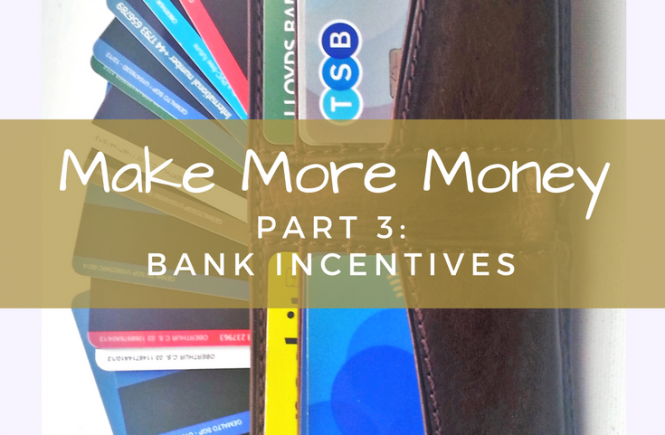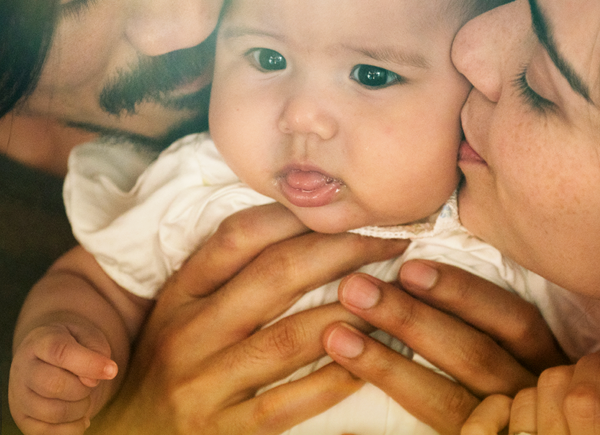Using pocket money to teach your kids about finances:
It’s our responsibility to get our children off to the best start possible when it comes to their management of money, but it’s not always easy. How can you teach a child who is reluctant to learn about money how to save and spend wisely, without making it feel like a lecture?
Should you use cash or cards to teach your child about money?
Whilst many people advocate staying away from cards entirely, I don’t agree. There are good reasons for using cards as well as cash for children’s pocket money.
Why? Well, let’s start with cash, and then discuss cards.
The benefit of using cash to teach your child about money:
Cash feels more real to a child because it’s tangible.
The older we get, the more we can understand money as an abstract concept. Children aren’t always there yet.
Receiving change can make a transaction feel more “real”, and keep them involved.
Spending real money is a more painful experience than spending with a card – experiencing the “loss” of the cash in exchange for what is bought will help children to manage their spending.
The benefit of using cards to teach your child about money:
Using cards is inevitable.
The world has already moved towards a cashless society, and that’s not going to change any time soon. It’s our job to equip our children for real life, and that means learning how to use debit and credit cards wisely.
Card spending is trackable, and somewhat safer than cash.
When your child has a debit card, you can use bank statements to see what they’ve bought and make sure they’ve been spending wisely (and safely).
If you use a goHenry card, you’ll be able to:
- limit their spending or restrict where they can spend
- receive spending notifications
- set up tasks so they can earn money
Kids are going to make money mistakes, so the extra layer of security that comes from a pocket money card like goHenry means that you can have a lot more peace of mind when they’re out with friends than if they just had a bunch of notes.
You can get a free trial of goHenry here.
Is online shopping better than real-world shopping for training a child?
I don’t think it is.
Shopping in person as opposed to online increases the sense of reward – channel this to your advantage by giving a limited budget and scheduling shopping trips.
When a child makes their own choices about spending and saving, they learn more.
For my son, he was not interested in saving money until he turned 12.
The penny dropped when he became interested in buying his own clothes.
He got the sense of independence from making his own choices and purchases, but he quickly realised that his money was finite.
Amazingly, he started to choose to save!
How soon to give pocket money?
For my son, I wasn’t a fan of giving pocket money too early. That’s because I know him well, and I know what works for him. Your child may be very different… you just have to know your own child!
Kids have to learn to deal with the consequences of making bad financial decisions, but they’re guaranteed to make lots of them before the age of ten, so be prepared to get hands-on and help them out.
I prefer to get little kids involved in learning about money by letting them pay for items in the shops.
Help your child to understand income and expenses
I also started explaining to my son how much I earn and how much our major bills are. It helps him to learn how much he can earn, and how much adults need to earn.
Once children figure out their own earning capacity, they figure out how much they can spend.
[bctt tweet=”Once children figure out their own earning capacity, they figure out how much they can spend. ” username=”homelyeconomics”]
The one thing that I believe must be constant is that your child’s income must be finite.
Why should your child’s allowance be capped?
Children must know that money won’t just miraculously appear from elsewhere once they’ve spent all of their own. Does money miraculously appear for you if you decide to blow your entire paycheque in a weekend?
If your children do chores for cash, or if they have set pocket money times in the week, they have to know what the routine is, and that they can expect a fixed amount and no more. (This is what an app like goHenry can make very clear and easy to manage.)
It’s fair on both parent and child, and helps children to transition into life as an adult.
Over to you…
Do you agree, or disagree?
Do your children receive pocket money or earn money in exchange for chores? Let me know what you think in the comments below!
Like this post? Get more like it!




